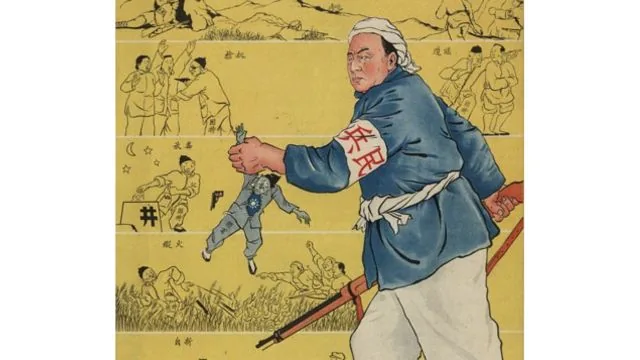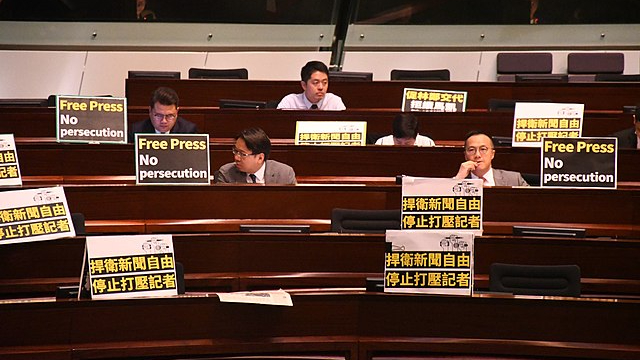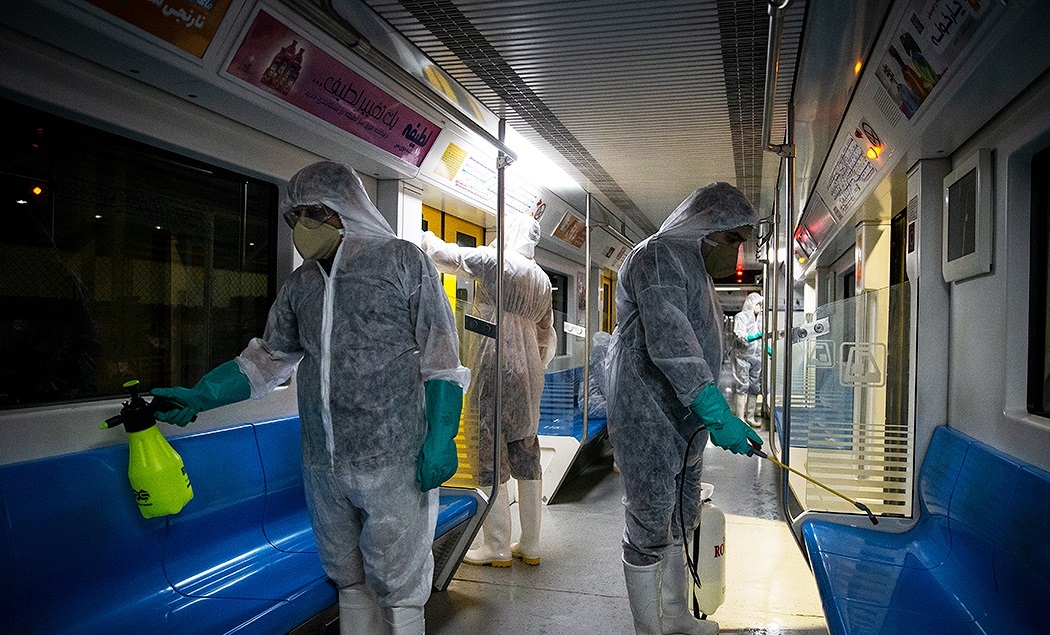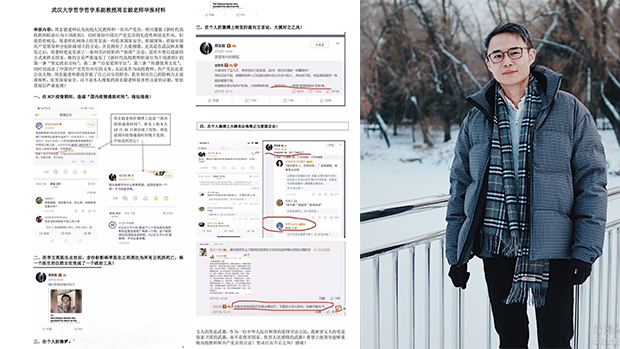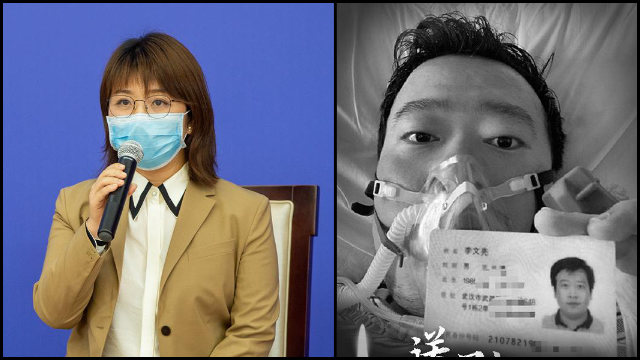Teenage members of The Church of Almighty God are given hefty sentences, tortured and indoctrinated, and deprived of visitation rights when in detention.
by Gu Xi
On June 29, the People’s Court of Jianshui county, in Honghe Hani and Yi Autonomous Prefecture of the southwestern province of Yunnan, sentenced 19-year-old Jiang Guangmei, a member of The Church of Almighty God (CAG), to three years in prison. She was charged with “using a xie jiao organization to undermine law enforcement” and also fined 3,000 RMB (about $ 430). The young woman was illegally detained for a year and eight months after her arrest in September 2018, when she was just 17, for writing articles about her religious experiences—a common pretext to jail members of China’s banned religious groups.
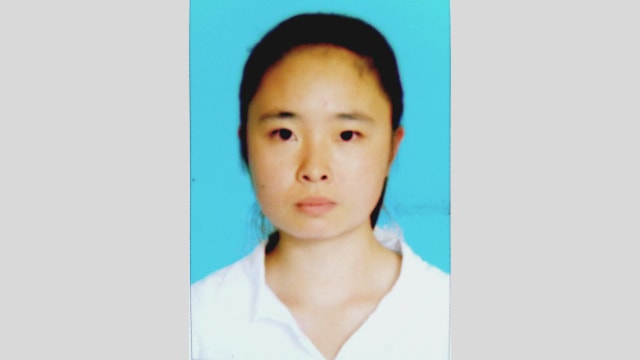
The Chinese Criminal Code stipulates that minors can be given mitigated punishments. According to Jiang Guangmei’s verdict, she was sentenced to jail because she did not admit that practicing her faith was a crime and was given “a lighter penalty” of three years—the minimum, as per the Code’s Article 300, applied in cases of xie jiao.
In recent years, the number of CAG members—the single most persecuted religious movement in China—who are sentenced to jail increased remarkably. Some believers were imprisoned for 13 and even 15 years merely for their belief.
In April last year, a 17-year-old CAG member was sentenced to three years in prison and fined 20,000 RMB (about $ 2,900), while an 18-year-old arrested at the same time was given a four-year sentence and a 20,000 RMB (about $ 2,900) fine. Both were kept in detention for ten months before the trial.
According to a government insider, the two believers were held in a secret interrogation base, where they were subjected to torture. Their relatives and friends were not allowed to visit them, nor were they informed about their trial. This violated rule 11 of the Regulations for the Handling of Delinquency and Criminal Cases Involving Minors by the Public Security Authorities that stipulates: “When minors involved in delinquency or crimes are under interrogation, […] their parents or guardians or teachers shall be informed to be present.” While Regulations on the Trial of Criminal Cases Involving Minors by the Supreme People’s Court demand that “Before the trial, legal representatives of minor defendants shall be informed to be present at the court.”
A CAG member who knows the two sentenced believers worries that they may not survive such long imprisonments. “They could be tortured,” she told Bitter Winter.
Her worries are not unfounded. When minors’ relatives are deprived of visitation rights, and authorities withhold procedural information from them, torture and abuse possibilities during interrogations increase. The detained are also prevented from adequately exercising their legal rights to appeal sentences.
Such situations are prevalent in CAG members’ cases. A young CAG member recounted to Bitter Winter her ordeal when she was detained for 89 days. In August 2014, she was arrested at the age of 16 and was sent to a legal education center where she was indoctrinated with atheism and had to listen to smears and slanders about the CAG. Every time the young woman refuted them, she would get a hard slap on the face. She was beaten for each negative remark about the indoctrination program ore refusal to listen to it. On one occasion, an officer kicked her to the ground, slapped her face, and knocked her head hard against the wall while pulling her hair.
During a struggle with three indoctrination officers who pressured her to sign a statement renouncing her faith, one of them stabbed a pen between her thumb and the index finger. The scar is still clearly visible.
She was deprived of sleep for three days in a row, but still refused to give up her faith. Officers then cuffed her to a window and left her standing for a long time, not allowing to use the toilet for hours on end. On August 8, several officers took turns intimidating her but failed. They then used electric batons to shock her, saying that “violence is needed to deal with reactionaries.” When a baton stopped working, the officers produced new ones, jolting the young woman until she lost consciousness.
Because she continued refusing to renounce her faith, officers made her write a confession that she was a CAG member, which they threatened to use as evidence during trial. Unable to withstand more torture, the woman finally signed a statement promising to give up her belief and was released. She was listed as a surveillance target and was continuously monitored by village and town officials, who reported to their superiors the woman’s every move. Due to such close surveillance, the woman could not contact or meet other CAG members.
Source: Bitter Winter



